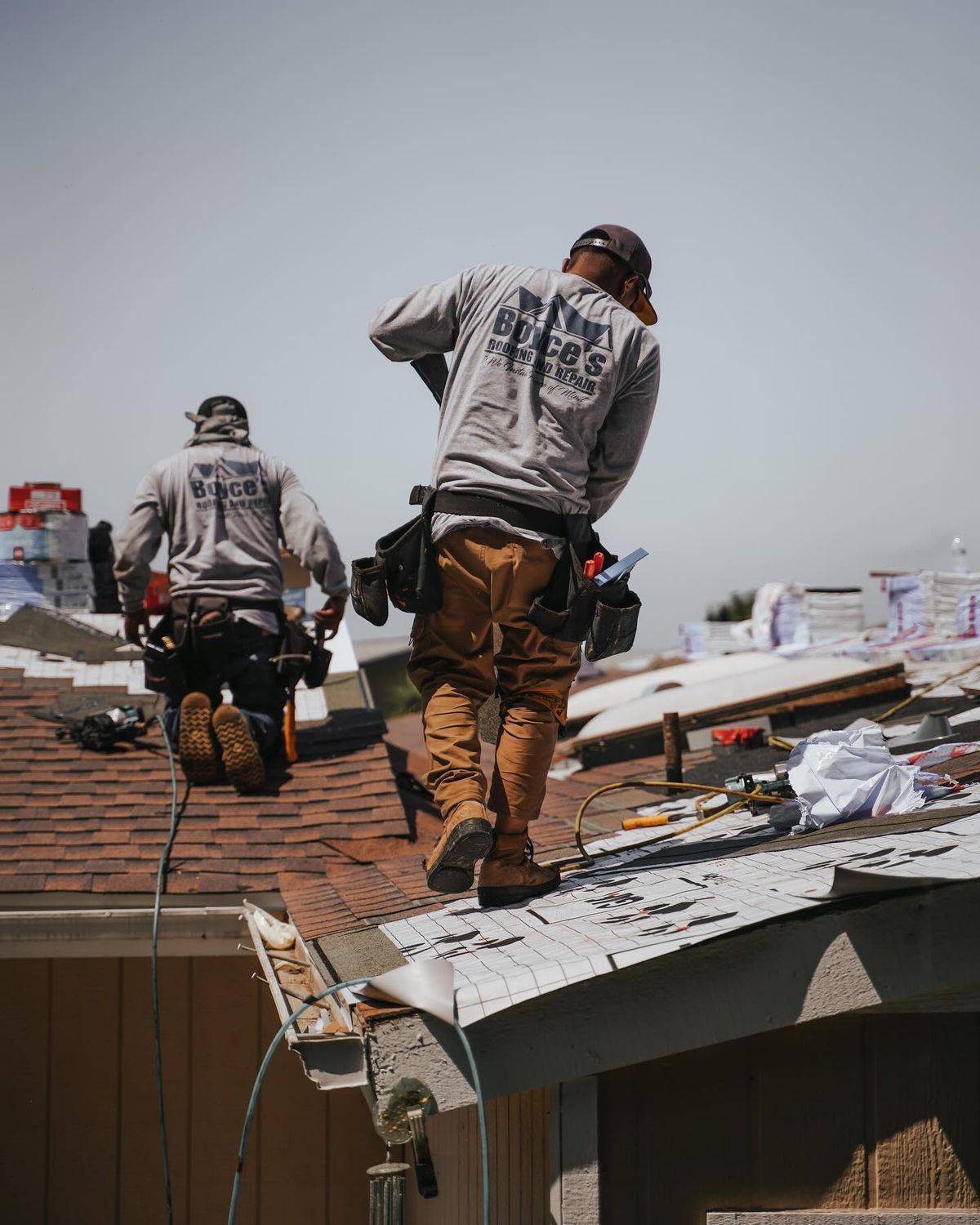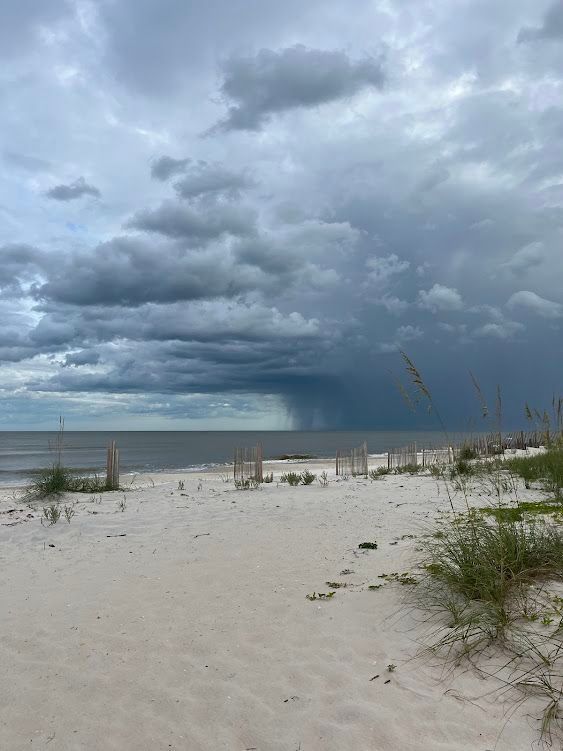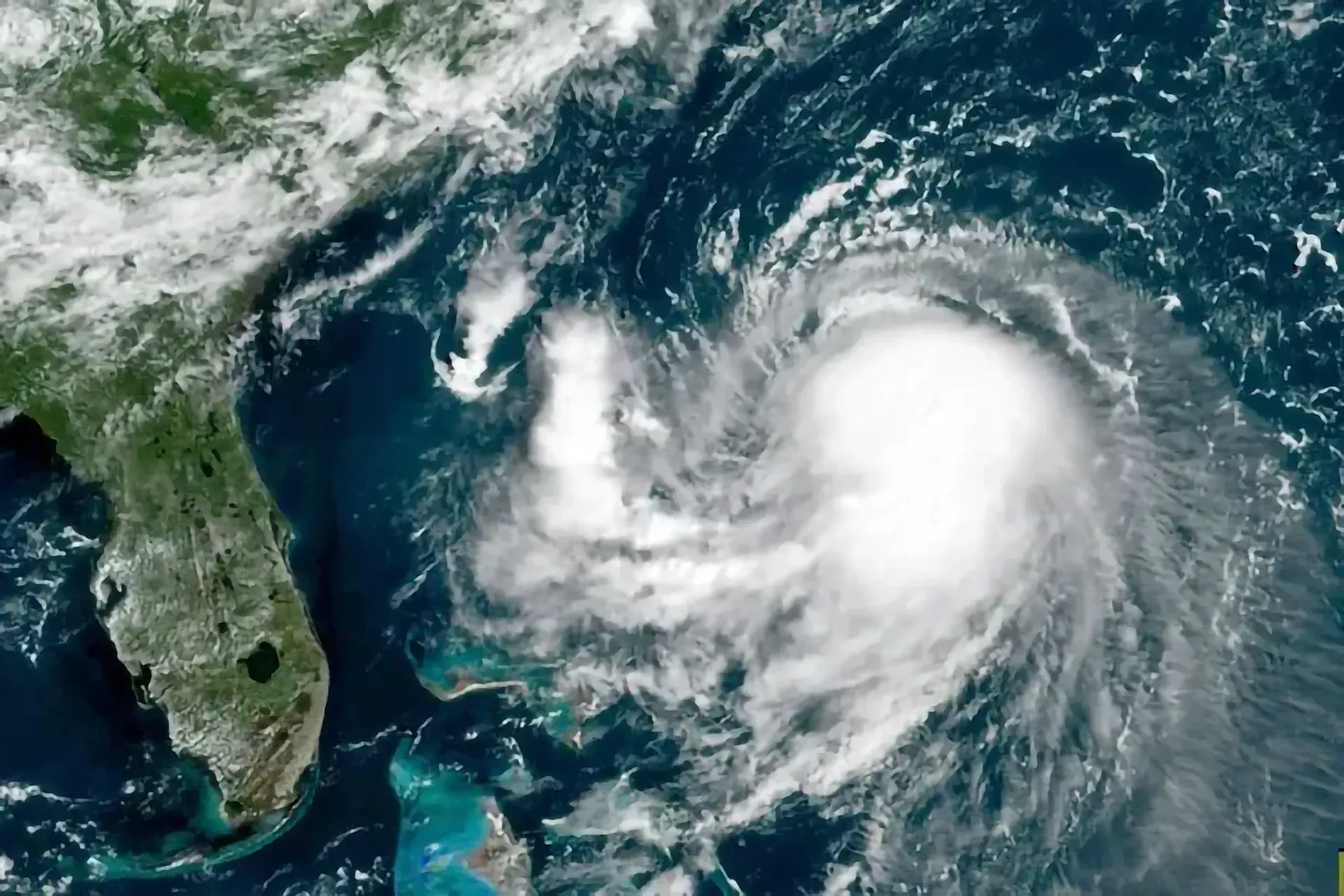Dos and Dont's of Insurance Claims
Tips to Ensure Your Insurance Claim Is Processed Fairly
When disaster strikes, filing an insurance claim is often the first step toward getting back on track. Understanding the dos and don’ts of the claims process is essential to ensure that your claim is processed quickly and fairly. Mistakes made during the filing process lead to delays, denials, or even a reduced payouts. In this post, we’ll cover best practices for reporting insurance claims in the auto, home, and business sectors. Follow these guidelines to place yourself in the best position to maximize coverage and minimize stress during a difficult time.
Auto Insurance Claim Best Practices
When reporting an auto insurance claim, always start by documenting the scene thoroughly. Take photos of the damage to your vehicle, any other vehicles involved, and the surrounding area, Remember to include license plates and road conditions as well. It’s also crucial to exchange information with all parties involved, including their insurance details. Notify your insurer as soon as possible, and provide them with accurate, honest details of the incident. Avoid admitting fault or making assumptions before your insurance company has had a chance to review all the facts.
What Not to Do in an Auto Insurance Claim
Never leave the scene of the accident without filing a police report if required by law or your insurance policy. Don’t delay reporting the claim to your insurer. Many policies have strict time limits for filing claims. Refrain from making casual statements about fault or liability, as these can be misinterpreted by your insurer or other parties. Avoid repairing your car without consulting your insurance company first. Also, before settling the claim always discuss it with your insurance advisor. This way, you won’t agree to an unfavorable settlement with the other party.
Homeowners Insurance Claim Best Practices
When filing a homeowners insurance claim, the first step is to document any damage to your property as thoroughly as possible. Take pictures or videos of the damage but the most important action is to prevent further damage. Secure the property if possible to prevent additional loss, but be sure to keep receipts for any temporary repairs. Notify your insurer promptly to start the claims process and provide clear and complete information. It’s also wise to keep a copy of your homeowners policy handy, as it will help you understand the specifics of your coverage.
What Not to Do in a Homeowners Insurance Claim
Don’t attempt to repair major damage before your insurer has assessed the situation, unless it’s necessary to prevent further harm to your home. Avoid discarding any damaged items until your insurance adjuster has had the opportunity to inspect them. Don’t make assumptions about what’s covered under your policy—always double-check with your insurer before making decisions. Avoid exaggerating the value of your damages or attempting to claim for repairs that are not directly related to the covered incident. Also, don’t forget to follow up with your insurer if there’s been no communication or progress on your claim in a reasonable amount of time.
Business Insurance Claim Best Practices
For business insurance claims, it’s important to act quickly and keep detailed records of any damage or loss. Document everything—take photos, gather witness statements, and retain receipts for any repairs or replacement items. Notify your insurance company as soon as possible and provide them with accurate, timely information to avoid delays in the claims process. Work with your insurer’s claims adjuster and be cooperative with their investigation. Additionally, make sure you understand any deductible or policy limitations so you’re prepared for any out-of-pocket costs.
What Not to Do in a Business Insurance Claim
Don’t wait too long to file a claim, as many business policies have specific timeframes in which claims must be reported. Don’t hide or downplay any losses, as underreporting can lead to your claim being denied or reduced. Avoid making decisions about your business’s future operations or finances. Talk with your agent about the full extent of your coverage and deductible obligations. Don’t try to handle the claims process on your own without consulting with your insurance company or a claims adjuster. Lastly, don’t ignore your business’s obligation to maintain documentation and record keeping; failure to do so can result in delays or disputes.
Documentation, Timeliness & Communication
Filing an insurance claim can be a stressful experience, but following the right steps can make the process smoother and more efficient. Whether it’s auto, homeowners, or business insurance, the key to a successful claim lies in accurate documentation, timely reporting, and clear communication with your insurer. Avoiding common mistakes, like failing to report claims promptly or misrepresenting facts, is just as important as following the correct procedures. By adhering to best practices and being proactive, you’ll protect your interests and help ensure that you receive the full benefits of your insurance coverage. Remember, when in doubt, always reach out to your insurance agent for guidance—they are there to help you through the process.
In need of a quote or some insurance advice? Reach out to us! One of our experienced and trustworthy agents would be happy to assist. Email us at insure@mcsheainsurance.com or call 508-420-9011.












